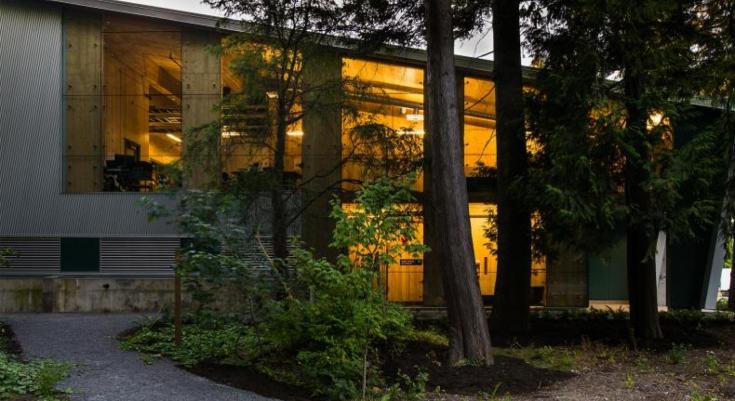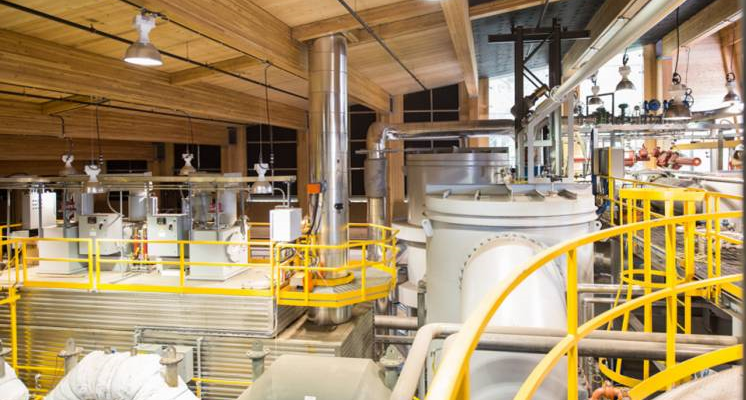
UBC’s leadership in sustainability, highlighted by AASHE, reflects efforts to improve air quality by reducing greenhouse gas emissions.
UBC’s leadership in sustainability has been highlighted in the 2017 Sustainable Campus Index among research institutions for its efforts in advancing sustainability in higher education. The Association for the Advancement of Sustainability in Higher Education (AASHE) that publishes the report highlights innovative and high-impact initiatives from universities that submitted a Sustainability Tracking, Assessment & Rating System (STARS) in the year prior to measure sustainability performance.
UBC’s leadership in sustainability, highlighted by AASHE, reflects efforts to improve air quality by reducing greenhouse gas emissions. UBC was also featured as a top performer among research institutions overall based on innovation and impact in advancing sustainability.
John Madden, Director, Sustainability and Engineering remarked that the university has been “able to reduce greenhouse gas emissions, even while population and building space have increased significantly during the same period”.
UBC is considered a North American leader among post-secondary institutions for the significant reductions it has made in greenhouse gas emissions. It has already surpassed its 33% emissions reduction target (below 2007 levels), and is on its way to meeting the 2020 Climate Action Plan target of reducing emissions by 67% through reducing demand for natural gas in buildings and focusing on expanding renewable energy supply. UBC is proposing to increase the thermal capacity of its Bioenergy Research and Demonstration Facility, which uses clean waste wood products from lumber mills, furniture manufacturing and pallets to heat campus buildings. “Energy tune ups” of older buildings to improve their performance and efficiency is another way the university has reduced emissions. Building tune-ups have revamped more than 72 core academic buildings in total, ranging from the installation of fluorescent light bulbs to more intelligent ventilation systems.
UBC aims to become completely carbon neutral by 2050, “both a challenge and an opportunity,” said Madden.

UBC’s Bioenergy Research and Demonstration Facility processes renewable biomass generating thermal energy to heat water. The system generates enough clean electricity to power 1,500 homes, reducing UBC’s natural gas consumption by 12% and greenhouse gas emissions by 9% (5,000 tonnes).
“UBC’s feature in this report shows its significant leadership and commitment to advance sustainability,” said AASHE’s Executive Director Meghan Fay Zahniser. “We are excited to recognize UBC for working to secure a thriving, equitable and ecologically healthy world through its sustainability efforts.”
In addition to the highlight in AASHE, UBC was recently honoured with a Sustainability Award from APPA: Leadership in Educational Facilities. The award recognizes sustainable policies and practices across the institution. One such project that was honored for innovation was the development of software which uses wifi to determine the number of building occupants at any time and adjust ventilation accordingly.
For more details, visit www.aashe.org or check out the UBC STARS report available online.